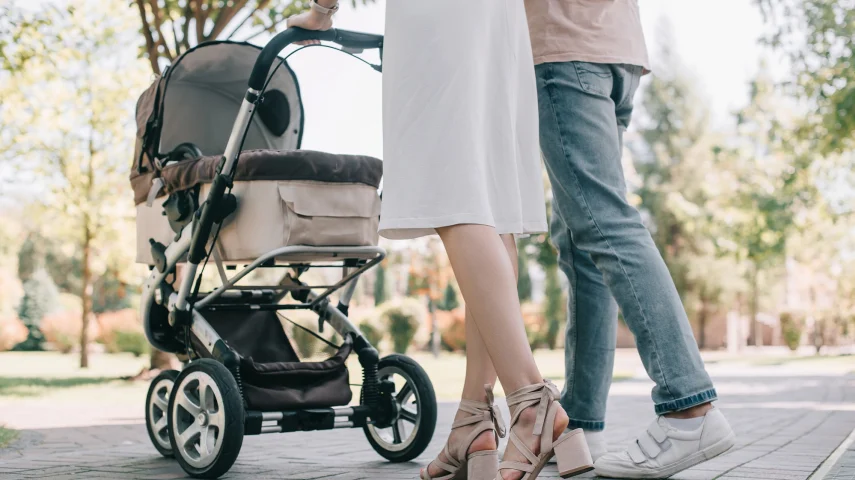Superannuation funds champion new parental leave support



The superannuation industry has welcomed landmark reform to pay superannuation on government-funded paid parental leave (PPL), with the bill officially passing the Senate with cross-party support on Thursday.
Under the Paid Parental Leave Amendment (Adding Superannuation for a More Secure Retirement) Bill 2024, eligible parents will now receive super contributions as part of their PPL, effective 1 July 2024.
The Minister for Women Katy Gallagher said the important reform brings PPL in line with other workplace entitlements.
“We know that when women take time out of the workforce to have children, they take a hit to their super balances, retiring with 25 per cent less super than men,” she said.
“This is an important statement about the value that we place on parents taking time out of the paid workforce to care for the next generations – because you shouldn’t have to sacrifice your future financial security to care for your babies.”
Australia’s largest super fund, AustralianSuper, said the legislation will help address the gender super gap and have a significant positive impact on women.
“We know that a woman who takes 10 years out of the workforce to care for children has 12 per cent less income in retirement than a person who has no career break,” said Rose Kerlin, chief member officer at AustralianSuper.
“This isn’t good enough and we hope to see that gap close for many Australian women.”
Simonne Burnett, chief member experience officer at Australian Retirement Trust, agreed that the passage of the bill marks an important step towards improving women’s retirement outcomes.
“We’re committed to supporting all our members to reach their retirement goals and this decision will not only make superannuation fairer, but improve economic security for women’s super and retirement,” Burnett said.
“Every dollar towards superannuation counts. Women invest so much of their lives into raising their families and the same needs to be provided in return to safeguard their financial security later in life.”
Just one in four women (28 per cent) feel secure in their financial situation, according to research commissioned by ART, and less than a third feel their superannuation is in a good position.
“There is still a lot of work to do to close the gender super pay gap, and we will continue to advocate for policies that prioritise women,” Burnett said.
Super Members Council (SMC) CEO Misha Schubert thanked the senators who voted for the ‘momentous’ legislation, which she said “will powerfully propel Australia closer toward ending the financial ‘motherhood penalty’ in the early years of having children”.
“This historic reform will make a big difference to the lives and retirement incomes of generations of Australian women – and we thank all Senators who supported the legislation,” Schubert said.
“Australia must continue to make major strides to ensure all women can have a secure retirement.”
Welcoming the news, Rest CEO, Vicki Doyle, said PPL was the only common form of paid leave without compulsory super contributions.
“Now this law has passed, our members on the Parental Leave Pay scheme can start benefiting from the compounding returns on their entitlements from next July,” she said.
“We represent 2 million members, of whom more than 1 million are women. On their behalf, we congratulate the Government and the Federal Parliament for passing this hugely important legislation.”
Recommended for you
While the Liberal senator has accused super funds of locking everyday Australians out of the housing market, industry advocates say the Coalition’s policy would only push home ownership further out of reach.
Australia’s largest superannuation fund has confirmed all members who had funds stolen during the recent cyber fraud crime have been reimbursed.
As institutional investors grapple with shifting sentiment towards US equities and fresh uncertainty surrounding tariffs, Australia’s Aware Super is sticking to a disciplined, diversified playbook.
Market volatility continued to weigh on fund returns last month, with persistent uncertainty making it difficult to pinpoint how returns will fare in April.











